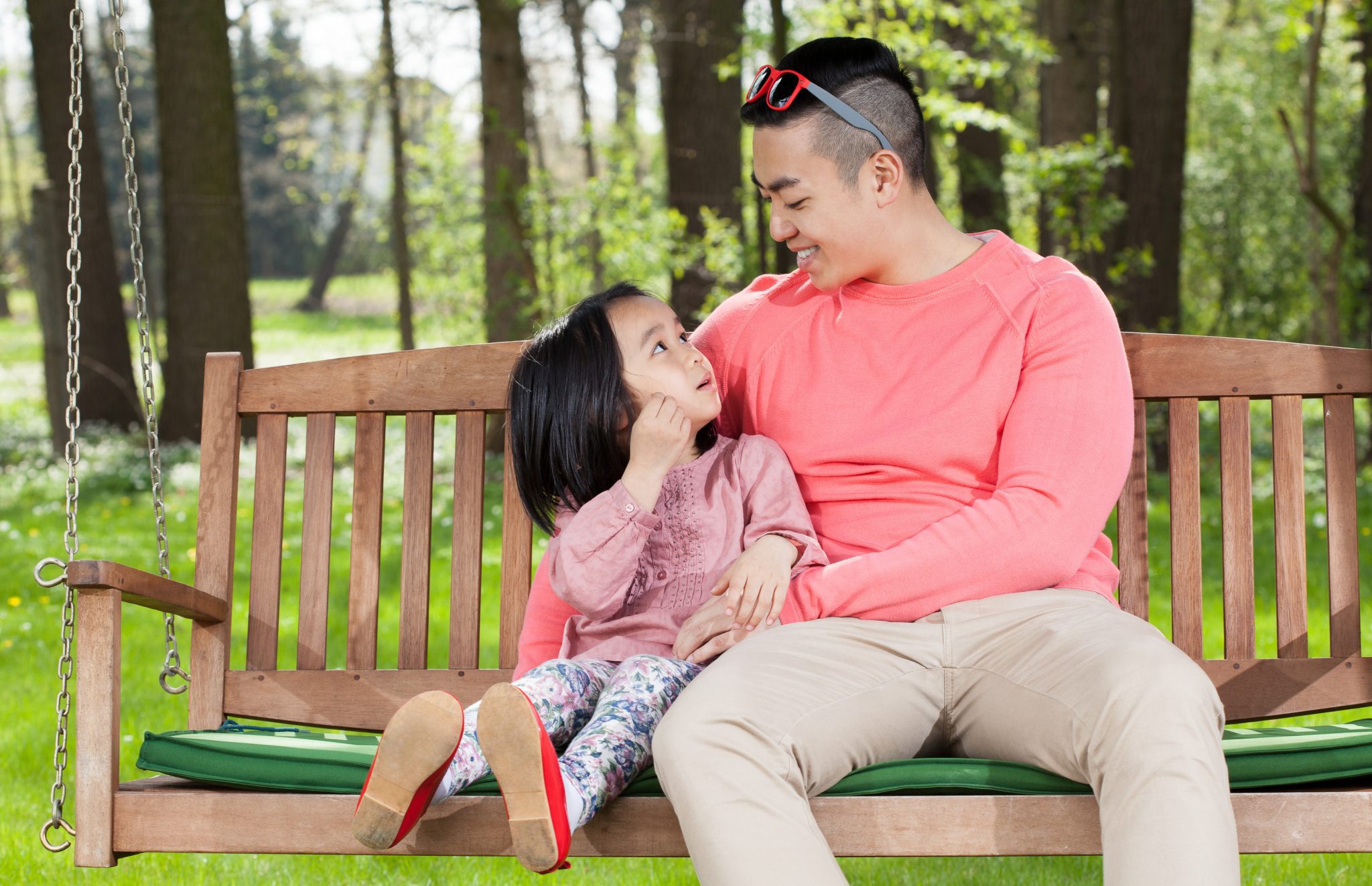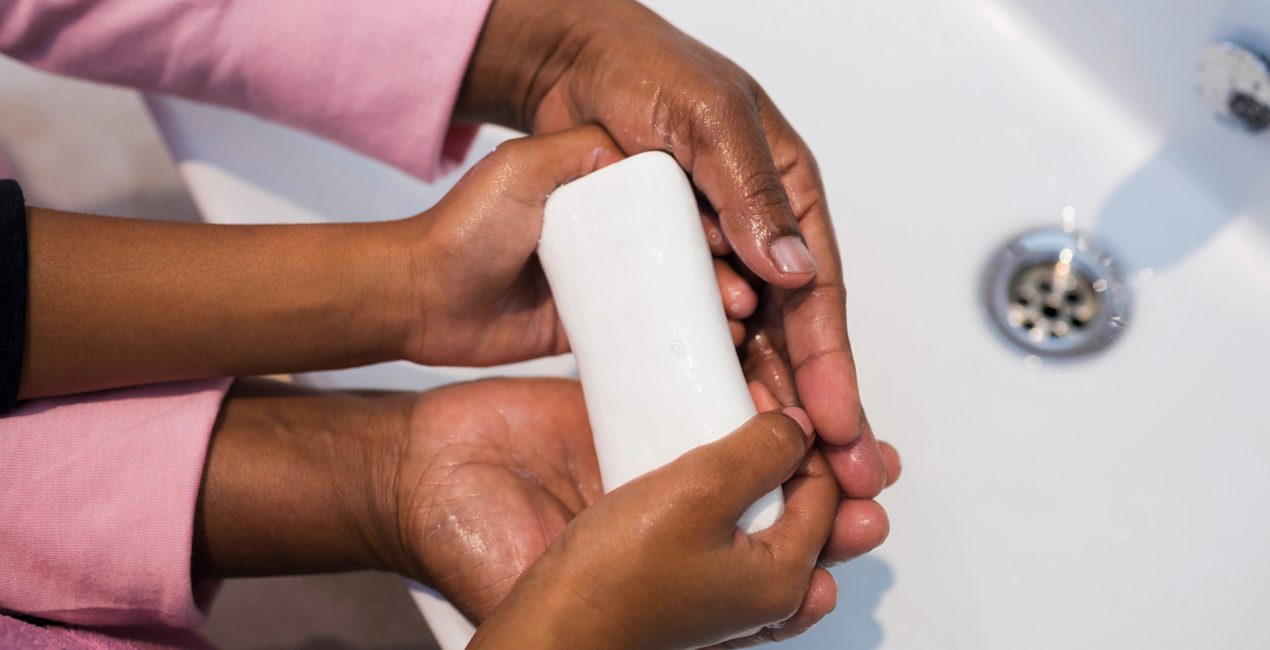Getting to the Finish Line: Will You Choose Endurance or Resilience?

Posted in: Parenting Concerns, You & Your Family
Topics: Child + Adolescent Development, Healthy Living
It’s probably safe to say that 2020 has taken quite a toll on many of us. This has resulted in a number of reactions, particularly in our mental health. That being said, now that we have made it to 2021, despite the rollout of vaccinations, we continue in our new and modified routines built to cope with the ongoing impact of the pandemic. We’ve come to accept virtual holidays and gatherings with friends. We’ve also learned how to manage sharing a single bathroom and other spaces with everyone being home. We’ve learned about the importance of creating five minutes between Zoom meetings to allow time to transition. We’ve learned to share cooking, cleaning, and how to avoid stepping on each other’s toes. We’ve learned to share the TV, computers, or any space that allowed for privacy. It hasn’t been easy!
During this journey, it’s frequently been said that this is a marathon, not a sprint. While I’ve never run a marathon nor trained for one, I can only imagine how depleted I would feel afterward, even with supervised training. When I think about training for a marathon, I can only imagine that a runner learns to build endurance and become more resilient. It seems like both would be needed to run more than 26 miles.
Endurance Vs. Resilience
Let’s compare running an actual marathon to navigating the waters of the COVID-19 pandemic.
So much uncertainty remains, and as we race to the finish line, will we find that we have become resilient, and will the benefits of our “training” last? Have we built resilience through planned measures, or simply by working out the issues as we’ve learned to deal with adversity day to day? As many of us will not have not trained systematically, what have we accomplished? Beyond resilience, have we learned to build endurance into our lives? Why does it matter? Is one better than the other?
Resilience is the ability to thrive in challenging circumstances. It’s a process that involves emotional elasticity, flexibility, and bouncing back from difficult situations. It is our ability to manage adversity in the short run – either by preventing hardship, or finding ways to cope with difficult times as they arise. Endurance is characterized by stamina. It is our ability to push on and persist relentlessly in a rigid way, even if in the end we are battered and bruised, over the long run.
Both resilience and endurance can get us through tough circumstances. However, the journey will feel very different.
Most resilient people over their lives, particularly those going through long periods of hardship, develop endurance. On the flip side, not all who can endure are resilient. Resilience does not come about magically. While it may appear to come naturally for some, resilience is learned and must be cultivated and mastered. It is a set of skills that allow us to be flexible, innovative, and protective, largely in the short run. On the resilient pathway, you will feel confident, choose to see the positive perspective (flexibility), and at the core, you feel in control.
When practicing endurance, you are in survival mode, pushing through by doing “whatever it takes” (rigidity) to reach the goal. Without resilience, you may feel powerless, downtrodden, and exhausted. Just imagine, burning the candle at both ends…ultimately, you are left in the dark.
Fostering Resilience In Our Kids and Teens
The ability to maintain social and emotional stability when facing trials is critical to our ability to function in a sustainable way. And it is for this reason that it’s so important to recognize the difference between operating with an endurance mindset versus a resilience mindset. Some of us never recognized this distinction until adulthood and, unfortunately, may have suffered some negative consequences as a result, including burnout.
By recognizing the difference between endurance and resilience now, we can not only better help ourselves, but also model it to foster and cultivate resilience in our children. Resilience is an important life lesson for young people to grasp. In addition to modeling resilience for our children, we can find and create opportunities for them to learn. Here are some examples:
- Engage in problem-solving with them, and give them a chance to take the first attempt at coming up with solutions.
- Allow them to think and act independently when appropriate.
- Aim to build their confidence – by doing the above, for example. Confidence is an important component of resilience.
- Model and encourage mindfulness and self-care as part of their routine lives.
- Encourage positive social connection with others.
Managing adversity and uncertainty, big and small, is an unavoidable part of life. Ideally, we would want to manage these hardships while maintaining our happiness and connection with others, not feeling worn-out, and without feeling a sense of helplessness. But the truth of the matter is that many of us have operated from a place of endurance in absence of resilience, and many of us tend to vacillate between the two.
While no one said this marathon will be easy, one way or another we will get through this – it’s the how that makes all the difference. Will we scrape by through endurance alone, and ultimately come out on the other side feeling stressed, frazzled, and burnt-out? Or will we harness the power of resilience and emerge confident, strong, and ready to go in whatever direction necessary to thrive? This pandemic has wreaked havoc on so many, and there will be much healing to do no matter how we get through. But it has also served as a real-life classroom to support resilience in our kids.
Was this post helpful?
Newsletter
Subscribe Today
Your monthly dose of the latest mental health tips and advice from the expert team at The Clay Center.
SubscribeMultimedia
Quick Jumps
Tag Cloud
-
addiction
ADHD
adolescents
anorexia
anxiety
autism
behavior
CBT
child development
children
college
communication
covid-19
depression
digital media
dyslexia
eating disorder
evaluation
family
fear
healthy development
learning
learning disabilities
learning disability
mental health
mental illness
parenting
parents
Podcast
PTSD
relationships
resilience
school
shrinking it down
social media
stigma
stress
suicide
technology
teenagers
teens
therapy
trauma
treatment
violence

 Share
Share Tweet
Tweet





